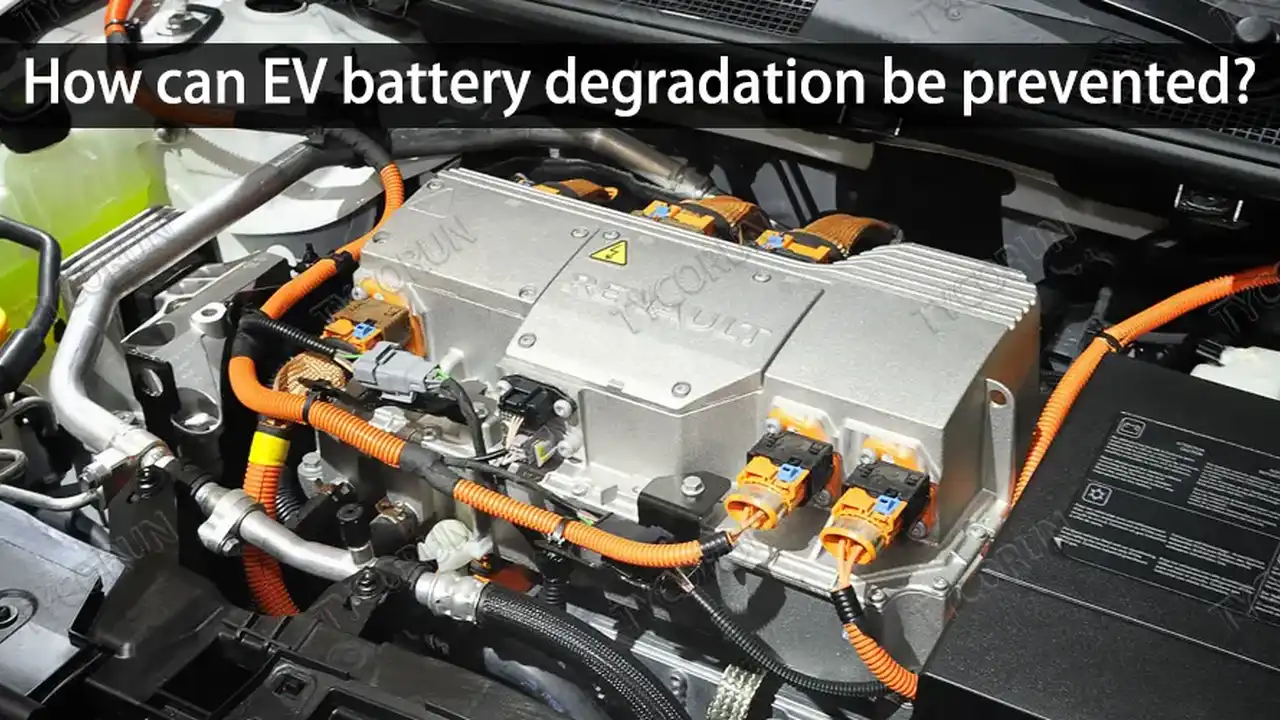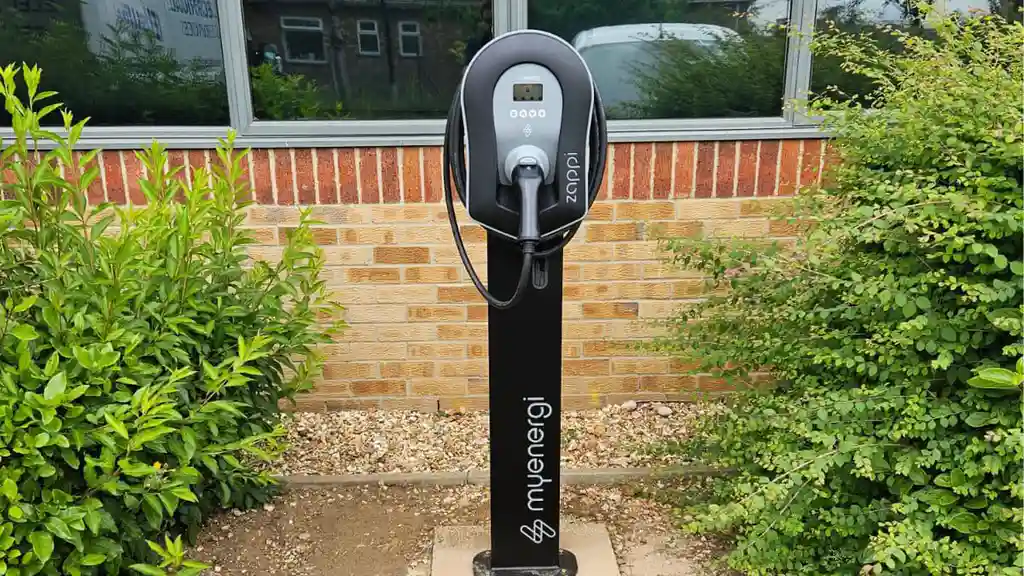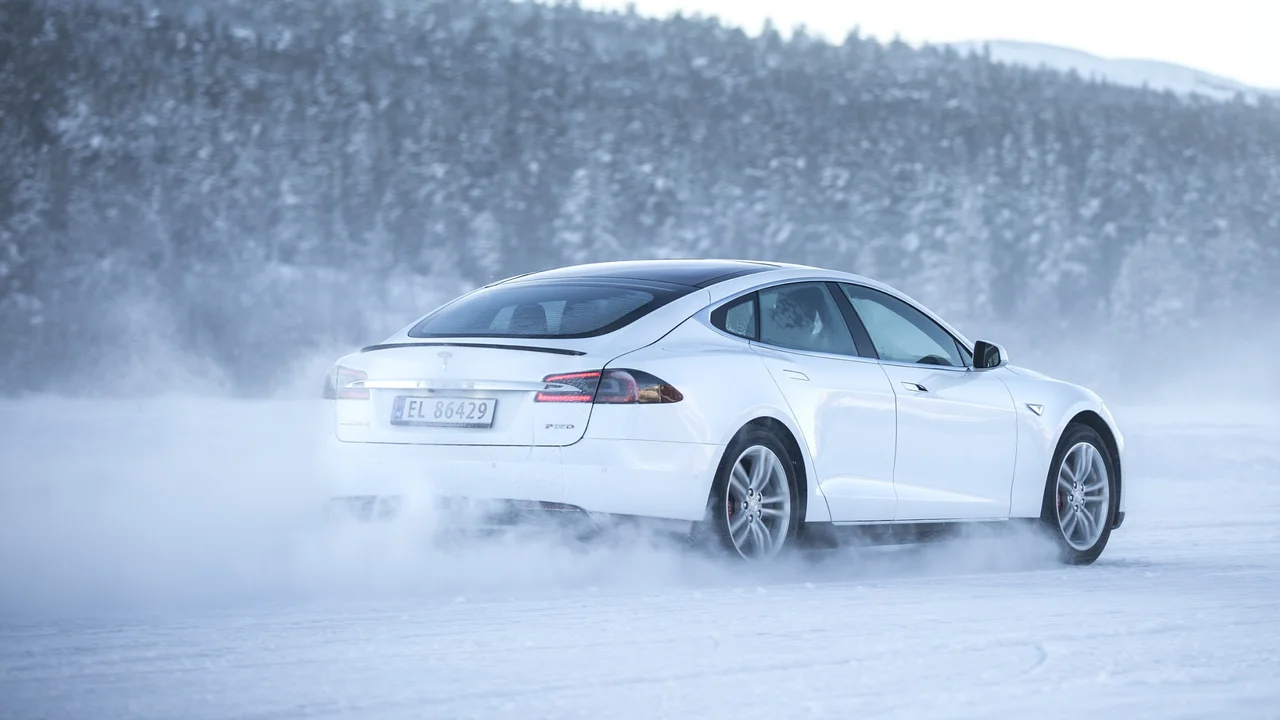Roof Racks for EVs: Carrying Extra Cargo on Your Adventures

Carry extra cargo on your adventures with roof racks for EVs Learn about different types of roof racks including crossbars and cargo carriers Discover how roof racks can expand your EV's storage capacity for camping sports and travel
Understanding EV Roof Rack Options and Cargo Solutions
So, you're thinking about slapping a roof rack on your electric vehicle? Smart move! EVs are awesome, but sometimes their cargo space leaves a little to be desired, especially if you're into outdoor adventures or hauling gear. Roof racks are a game-changer for expanding your carrying capacity. Let's dive into the world of EV roof racks and explore the different types, benefits, and things to consider before you buy.
First off, why even bother with a roof rack? Well, imagine you're planning a camping trip. You've got tents, sleeping bags, cooking equipment, and maybe even a kayak or two. Trying to cram all that into your EV's trunk and back seats is a recipe for disaster (and a very uncomfortable ride). A roof rack allows you to safely and securely transport bulky items, freeing up valuable interior space and keeping your passengers happy.
Types of EV Roof Racks Crossbars vs Cargo Carriers for Electric Cars
There are two main types of roof racks you'll encounter: crossbars and cargo carriers. Crossbars are the foundation of any roof rack system. They attach to your EV's roof and provide a base for mounting other accessories, like cargo boxes, bike racks, or kayak carriers. Cargo carriers, on the other hand, are enclosed containers that attach directly to the crossbars. They offer weatherproof storage for your gear, keeping it safe and dry during transport.
Crossbars are typically made from aluminum or steel and come in a variety of shapes and sizes. Some are designed specifically for certain EV models, while others are more universal. When choosing crossbars, make sure they are compatible with your EV's roof type (e.g., bare roof, raised rails, flush rails) and have a sufficient weight capacity for your needs.
Cargo carriers come in various sizes and shapes, from small rooftop boxes to large extended carriers. They're typically made from durable plastic or fiberglass and offer varying degrees of weather protection. Consider the size and shape of the cargo you'll be carrying most often when choosing a cargo carrier. Also, pay attention to the carrier's weight capacity and aerodynamic design, as these factors can affect your EV's range.
Key Considerations Before Buying an EV Roof Rack Weight Capacity Aerodynamics and EV Range
Before you rush out and buy the first roof rack you see, there are a few key considerations to keep in mind.
- Weight Capacity: This is crucial! Every roof rack has a maximum weight capacity, and exceeding it can be dangerous. Check your EV's owner's manual for the roof load limit and make sure the roof rack you choose doesn't exceed that limit. Also, consider the weight of the rack itself, as that counts towards the total weight.
- Aerodynamics: Roof racks can significantly affect your EV's aerodynamics, which in turn impacts its range. Look for racks with a streamlined design that minimizes wind resistance. Some racks even have built-in fairings to deflect air and reduce drag.
- EV Range: As mentioned above, aerodynamics and weight affect your EV's range. Adding a roof rack and cargo will decrease your range, so be prepared for that. Consider the impact on your typical driving routes and charging habits.
- Installation: Some roof racks are easy to install yourself, while others require professional installation. Consider your comfort level with DIY projects and factor in the cost of professional installation if needed.
- Noise: Roof racks can sometimes generate wind noise at higher speeds. Look for racks with noise-reducing features or consider adding a fairing to minimize noise.
- Compatibility: Ensure the roof rack is specifically designed or compatible with your EV model and roof type. Universal racks might not fit perfectly or securely.
Product Recommendations for EV Roof Racks Thule Yakima and More
Okay, let's get into some specific product recommendations. These are some popular and well-regarded roof rack brands that offer options suitable for electric vehicles:
Thule Roof Racks for Electric Vehicles
Thule is a Swedish brand known for its high-quality and durable roof racks and cargo carriers. They offer a wide range of options for different EV models and roof types.
- Thule WingBar Evo: This is a popular crossbar system known for its aerodynamic design and quiet operation. It's compatible with a wide range of EVs and accessories. Expect to pay around $300-$500 for a complete set of crossbars and mounting hardware.
- Thule Motion XT Cargo Carrier: This cargo carrier offers ample storage space and a sleek, aerodynamic design. It's available in various sizes to suit your needs. Prices range from $600 to $1000 depending on the size.
- Thule Epos Bike Rack: If you're a cyclist, the Thule Epos is a fantastic option for carrying your bikes on your EV's roof. It's easy to load and unload bikes and is compatible with a variety of bike frame sizes. Expect to pay around $800-$1200.
Yakima Roof Racks for Electric Cars
Yakima is another well-known brand that offers a wide range of roof racks and cargo carriers. They're known for their innovative designs and user-friendly features.
- Yakima JetStream: Similar to the Thule WingBar Evo, the Yakima JetStream is an aerodynamic crossbar system that's compatible with many EVs. Prices are in the same range as Thule, around $300-$500.
- Yakima SkyBox Cargo Carrier: The Yakima SkyBox is a popular cargo carrier that offers a good balance of storage space, aerodynamics, and price. Prices range from $500 to $900.
- Yakima FrontLoader Bike Mount: This bike mount allows you to carry your bike without removing the front wheel. It's a convenient option for cyclists who want to quickly load and unload their bikes. Expect to pay around $200-$300.
Rhino-Rack Roof Racks for EVs
Rhino-Rack is an Australian company that specializes in heavy-duty roof racks and accessories, perfect for those who need to carry substantial loads or venture off-road.
- Rhino-Rack Vortex 2500: This crossbar system is known for its strength and versatility, making it suitable for a wide range of EVs. Prices typically range from $350-$600.
- Rhino-Rack Luggage Carrier: These carriers are built tough and offer excellent weather protection. Depending on size and features, expect to pay between $700 and $1200.
Tesla Branded Roof Racks
If you own a Tesla, you might consider a Tesla-branded roof rack. These racks are designed specifically for Tesla vehicles and offer a seamless fit and finish.
- Tesla Model 3 Roof Rack: This rack is designed specifically for the Model 3 and offers a sleek, aerodynamic design. It's relatively easy to install and remove. Expect to pay around $450-$650.
- Tesla Model Y Roof Rack: Similar to the Model 3 rack, the Model Y rack is designed specifically for the Model Y and offers a seamless fit. Prices are in the same range, around $450-$650.
Real-World Scenarios and Use Cases for EV Roof Racks
Let's look at some real-world scenarios where a roof rack can come in handy for EV owners:
- Camping Trips: As mentioned earlier, roof racks are perfect for carrying camping gear, freeing up interior space and keeping your passengers comfortable.
- Road Trips: Whether you're heading to the beach, the mountains, or a national park, a roof rack can help you carry extra luggage, sports equipment, or souvenirs.
- Moving: If you're moving to a new apartment or house, a roof rack can help you transport boxes, furniture, or other items that won't fit in your EV's trunk.
- Sports: If you're into cycling, kayaking, skiing, or snowboarding, a roof rack can help you transport your equipment safely and securely.
- Home Improvement: Carrying lumber, ladders, or other supplies from the hardware store becomes much easier with a roof rack.
Comparing EV Roof Rack Products Features Price and Installation
To help you make a decision, here's a comparison table of some of the roof rack products mentioned above:
| Product | Type | Key Features | Price Range | Installation |
|---|---|---|---|---|
| Thule WingBar Evo | Crossbars | Aerodynamic, Quiet, Compatible with many accessories | $300-$500 | Easy DIY |
| Thule Motion XT | Cargo Carrier | Ample storage, Aerodynamic, Weatherproof | $600-$1000 | Easy DIY |
| Yakima JetStream | Crossbars | Aerodynamic, Durable, Versatile | $300-$500 | Easy DIY |
| Yakima SkyBox | Cargo Carrier | Good balance of storage and price, Weatherproof | $500-$900 | Easy DIY |
| Tesla Model 3 Roof Rack | Crossbars | Seamless fit, Aerodynamic, Easy to install | $450-$650 | Easy DIY |
| Rhino-Rack Vortex 2500 | Crossbars | Heavy Duty, Strong, Versatile | $350-$600 | Moderate DIY or Professional |
Tips for Maximizing EV Range with a Roof Rack
Since adding a roof rack impacts your EV's range, here are some tips to minimize the impact:
- Choose an Aerodynamic Rack: As mentioned before, look for racks with a streamlined design that minimizes wind resistance.
- Remove the Rack When Not in Use: If you're not actively using the roof rack, remove it to reduce drag and improve range.
- Drive at Moderate Speeds: Higher speeds increase wind resistance, so driving at moderate speeds will help conserve energy.
- Inflate Your Tires Properly: Properly inflated tires reduce rolling resistance and improve efficiency.
- Avoid Overloading the Rack: Exceeding the weight capacity not only poses a safety risk but also decreases efficiency.
- Plan Your Route: If possible, plan your route to avoid steep hills or windy conditions, which can further decrease range.
Safety Tips for Using EV Roof Racks
Safety should always be your top priority when using a roof rack. Here are some essential safety tips:
- Follow the Manufacturer's Instructions: Always follow the manufacturer's instructions for installation, weight capacity, and usage.
- Secure Your Cargo Properly: Use straps, ropes, or nets to secure your cargo tightly to the roof rack.
- Distribute Weight Evenly: Distribute the weight of your cargo evenly across the roof rack to maintain stability.
- Check Your Cargo Regularly: Stop periodically to check that your cargo is still secure and hasn't shifted.
- Be Aware of Height Restrictions: Be mindful of height restrictions when driving under bridges, overpasses, or parking garages.
- Practice Safe Driving Habits: Drive cautiously and avoid sudden braking or sharp turns when carrying cargo on your roof.
:max_bytes(150000):strip_icc()/277019-baked-pork-chops-with-cream-of-mushroom-soup-DDMFS-beauty-4x3-BG-7505-5762b731cf30447d9cbbbbbf387beafa.jpg)




 for EVs: Keeping Your Eyes on the Road.webp)

